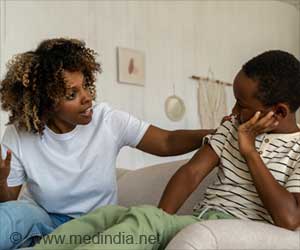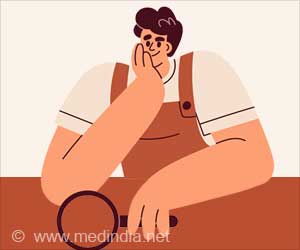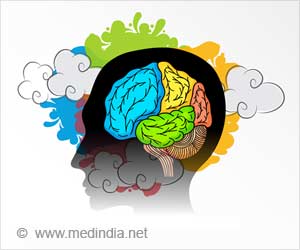Many types of anxiety disorders and phobias are more common in women than in men, says Coping with Anxiety and Phobias, a new report from Harvard Medical School. Scientists are examining hormonal and biological factors, as well as differences in experiences, that may account for these disparities.
Women are twice as likely to suffer from panic disorder or social phobia compared with men, and they are three times as likely to have agoraphobia (fear of being in public places). They also face a slightly higher risk for specific phobia (fear of a particular object or situation). About 10%–14% of women will have post-traumatic stress disorder (PTSD) in their lives, compared with 5%–6% of men. And 6.6% in women will have generalized anxiety disorder, but just 3.6% of men will.Differences in sex hormones may be a factor. Scientists know that estrogen interacts with serotonin—a neurotransmitter involved in regulating moods, sleep, and appetite—but they’re just beginning to tease out the relationship.
Girls and women are also more likely than males to be victims of physical or mental abuse, a known risk factor for PTSD. Childhood abuse also seems to cause long-term changes in brain chemistry and structure that may predispose individuals to anxiety disorders.
While anxiety affects women in greater numbers than men, it’s by no means strictly a female problem. At some point, one in five men will develop an anxiety disorder.
Coping with Anxiety and Phobias is a 48-page report edited by Michael J. Mufson, M.D., Assistant Professor of Psychiatry at Harvard Medical School. This report covers:
Up-to-date information on treatments, including medications, therapy, hypnosis, and exercise.
Easy-to-understand explanations of the many types of anxiety disorders, their symptoms, causes, and diagnosis.
Advice on making treatment work for you.
Advertisement
SRM











